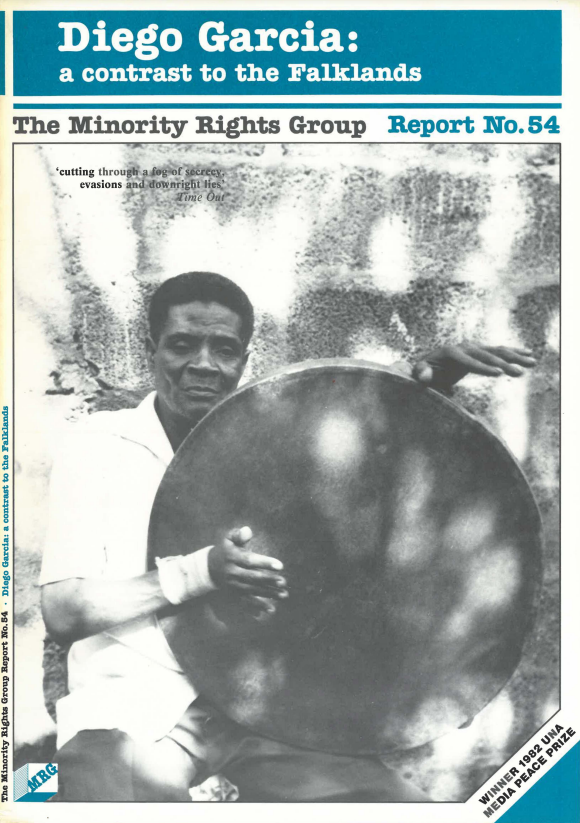Environment
Mauritius lies in the Indian Ocean, about 900 kilometres to the east of Madagascar, and is part of the Mascarene Island chain. Beyond the main island of Mauritius, it encompasses St Brandon, Rodrigues, and the Agalega Islands. Additionally, Mauritius claims sovereignty over the Chagos islands, about 1,000 to the north, which Britain forced it to relinquish in 1965 in exchange for its independence. Tourists are drawn to Mauritius for its beaches and rare plant and animal life. The island nation is also famous for having been home to the extinct dodo bird.
History
Mauritius was uninhabited until the Dutch established a short-lived settlement in 1598. France occupied the islands in the 18th century, at which time it brought slaves to the Chagos Islands. But it then lost control of Mauritius to the British in 1810. Britain brought many labourers from South Asia during colonial rule. Their descendants, along with migrations from the African continent, Europe, and East Asia, have resulted in a diverse society.
In 1965 Britain insisted that Mauritius relinquish the Chagos Islands as a pre-requisite to its independence in 1968. The UK, in turn, gave the United States the right to build a major military base on Diego Garcia the following year, in completion of a pre-arranged deal involving the mass removal of the indigenous population.
Governance
Mauritius is at the head of the list of African countries in indices of general welfare, and with one of the non-Western world’s lowest proportions of people living in absolute poverty, it has, like some other micro-states, managed to combine growth with equity despite great cultural diversity, which to some may seem an unpromising basis for democracy and redistributive practice.
Prosperity and social mobility, and the success of a political movement combining working class and intellectual leadership, have helped to build a sense of Mauritian identity that tolerates multiculturalism. There had been no serious interethnic violence since 1969, but Creole resentment became evident in February 1999, following the death of a popular Creole singer while in police custody. It triggered four days of widespread rioting in Port Louis and other towns. Shops were looted, homes were burnt, police stations were attacked and at least five demonstrators were killed. Most employment chances no longer depend on ethnic favouritism, so mutual fears appear to be declining. Individualism and nationalism are replacing communalism and ethnicity.
All groups have representation in the National Assembly.
Mauritius has built its economy around tourism, sugar production, and textile exports. More recently, it has been branching out into the financial services industry.


